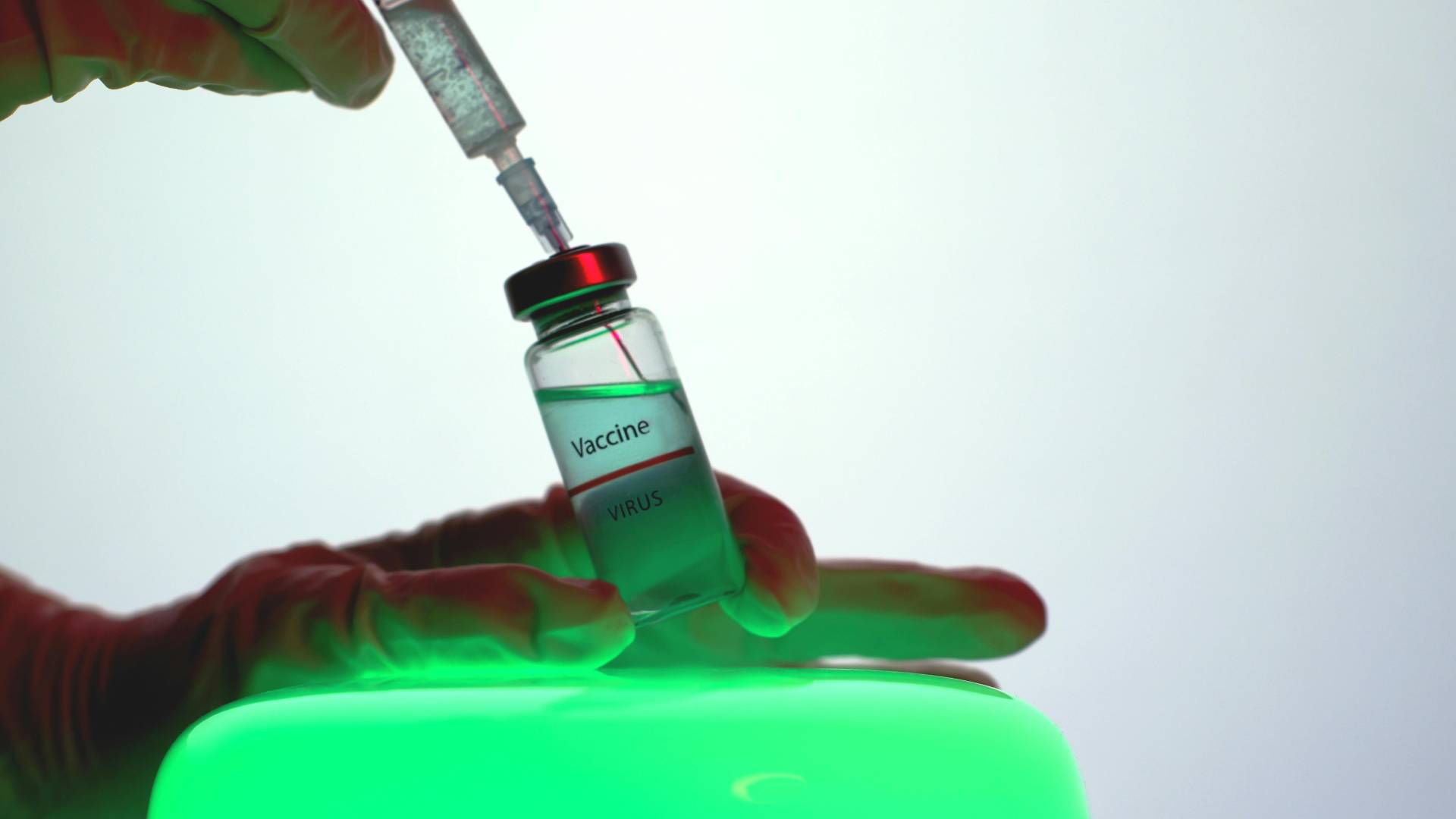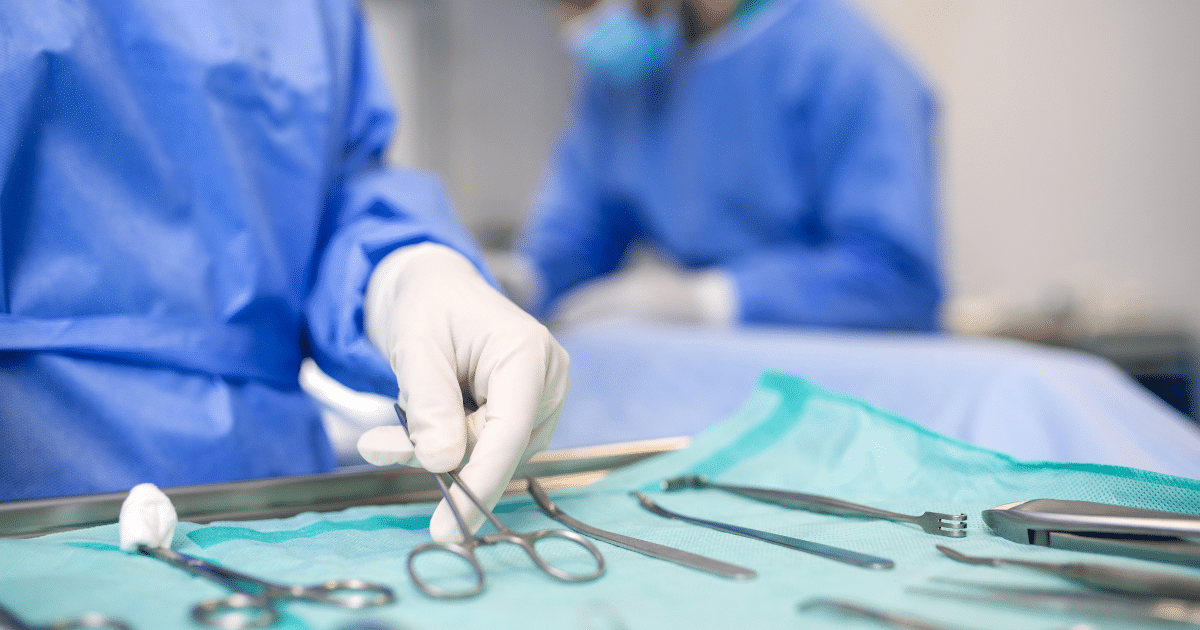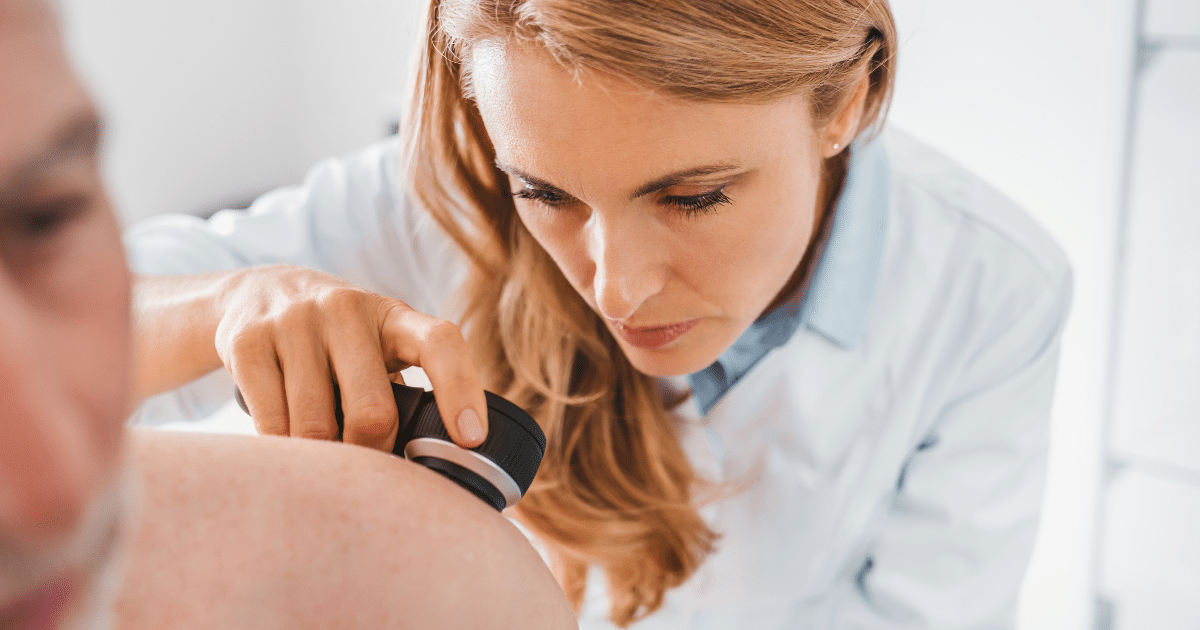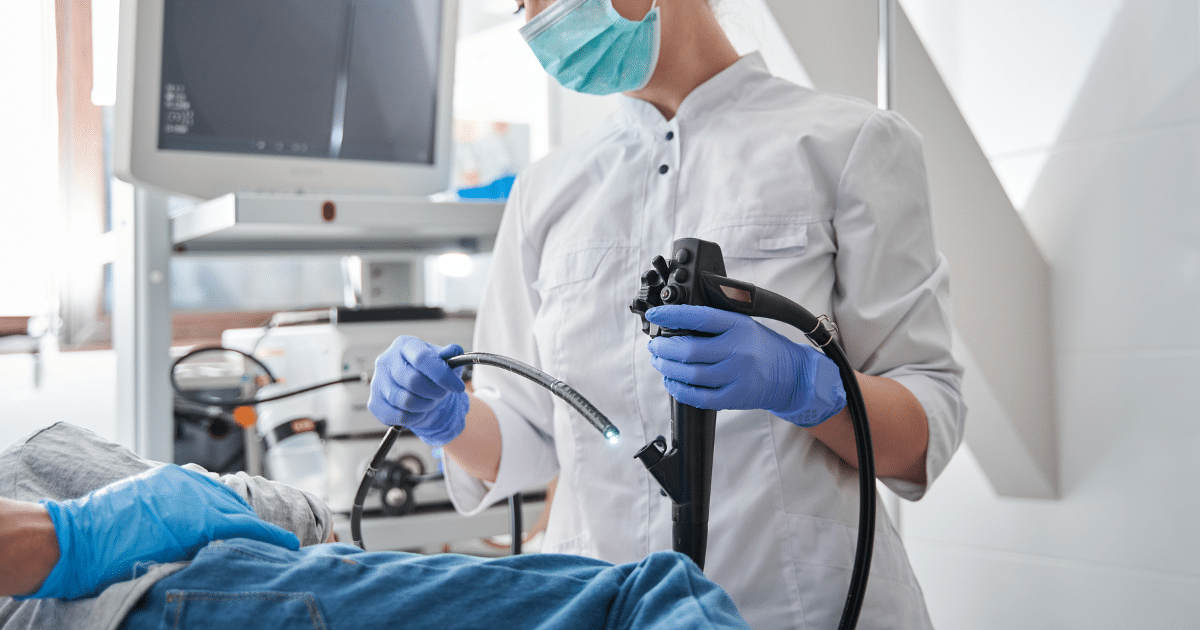Antibody testing, also referred to as serology testing, can determine if a patient has produced an immune response to the COVID-19 virus. If you’ve gotten sick in the last few months since the emergence of COVID-19, you may be left wondering if you had the virus at one point or another. In addition, the virus can be asymptomatic (meaning the virus produces no symptoms) in some individuals, so you may have been previously infected without knowing. COVID-19 antibody testing can help answer some of these questions for you and your family.
What is Coronavirus Antibody Testing?
SARS-CoV-2 is the novel coronavirus that causes COVID-19. COVID-19 is considered a “novel” virus because it has not been previously identified.
The coronavirus antibody test screens your blood for antibodies to the virus and can show if your immune system has responded to the virus in the past. Antibodies are proteins that are created in response to specific viruses.
There is still not enough data to know if positive antibodies can prevent future infections, so testing positive for COVID-19 antibodies does not mean you’ll be able to fight off a second infection or be immune to it. No matter the result of your antibody test, you should still follow the recommendations from the CDC for proper social distancing, masking and hand washing.
How Does the Antibody Test Work?
When a pathogen attacks your body, your body’s immune system response creates an antibody to the invading organism. Antibodies bind to pathogens in order to destroy them or help white blood cells destroy them. Simply put, antibodies typically help the body fight off infection. This is how your body is able to develop immunity to certain diseases and illnesses. After an infection has cleared, the presence of antibodies slowly declines over time. However, in the case of COVID-19, the evidence is still being collected to determine how long antibodies remain in your immune system after the virus has cleared.
During an antibody test, a small amount of blood is drawn from the patient’s vein to detect the presence of IgM antibodies (which appear early in the infection) and IgG antibodies (which appear later in the infection). The blood is then sent to a lab to screen for the presence of antibodies. It takes approximately three days to receive the results.
If your antibody test results come back positive, it indicates that you were likely infected with the virus that causes COVID-19. If your antibody test results come back negative, it means that you were not likely infected with the virus and/or have not developed its antibodies. The CDC’s interim guidelines for coronavirus antibody testing states that antibodies typically become detectable within 1-3 weeks after the onset of symptoms. Because antibodies may not be produced in the immune system yet, you run the risk for receiving a false-negative result. It’s important to know that antibody tests also may present false-positive results that are triggered by other common coronaviruses (such as the common cold).
Who Should Receive an Antibody Test?
During your doctor’s appointment, your healthcare provider can prescribe an antibody test after careful evaluation to determine if you are a good candidate. The antibody test is recommended for patients who have tested positive for the coronavirus, have had known exposure to the virus or who have experienced its symptoms.
If a patient is currently sick with the coronavirus, the test may not find any antibodies present. This is why the coronavirus antibody tests are available for patients who believe they previously had COVID-19 and are not currently exhibiting its symptoms.
Symptoms of COVID-19 may appear 2-14 days after exposure to the virus and can range from mild to severe. Symptoms of COVID-19 to include:
- – Fever or chills
- – Cough
- – Shortness of breath
- – Difficulty breathing
- – Fatigue
- – New loss of taste or smell
- – Sore throat
The antibody test can then determine if your body has developed IgG or IgM antibodies to the virus. It’s important to know that antibody tests cannot determine if you are sick with the coronavirus at the time of testing. To test for coronavirus, you must undergo a viral test. During a viral test, your nose is swabbed and screened for virus samples in your respiratory system. To receive a viral test for COVID-19, please contact your PACT healthcare provider for availability.
Where Can I Get a Coronavirus Antibody Test in Connecticut?
At this time, PACT practices are prescribing coronavirus antibody tests to patients who believe they may have been exposed to the virus in the past. If you are interested in receiving an antibody test, a doctor will evaluate your situation and prescribe a test if necessary. For COVID-19 antibody testing availability, contact your healthcare provider.
If you are not currently a patient at PACT and are searching for a Connecticut-based, board-certified family medicine or internal medicine specialist, PACT is currently accepting new patients. Click here to find a provider near you.
Looking For a Primary Care Doctor in Connecticut?
PACT Primary Care is Accepting New Patients!
Locations throughout Connecticut in Guilford, Hamden, Madison, Milford, New Haven, Orange, West Haven and Wallingford.
To schedule an appointment, request an appointment online here or call a local center near you.








